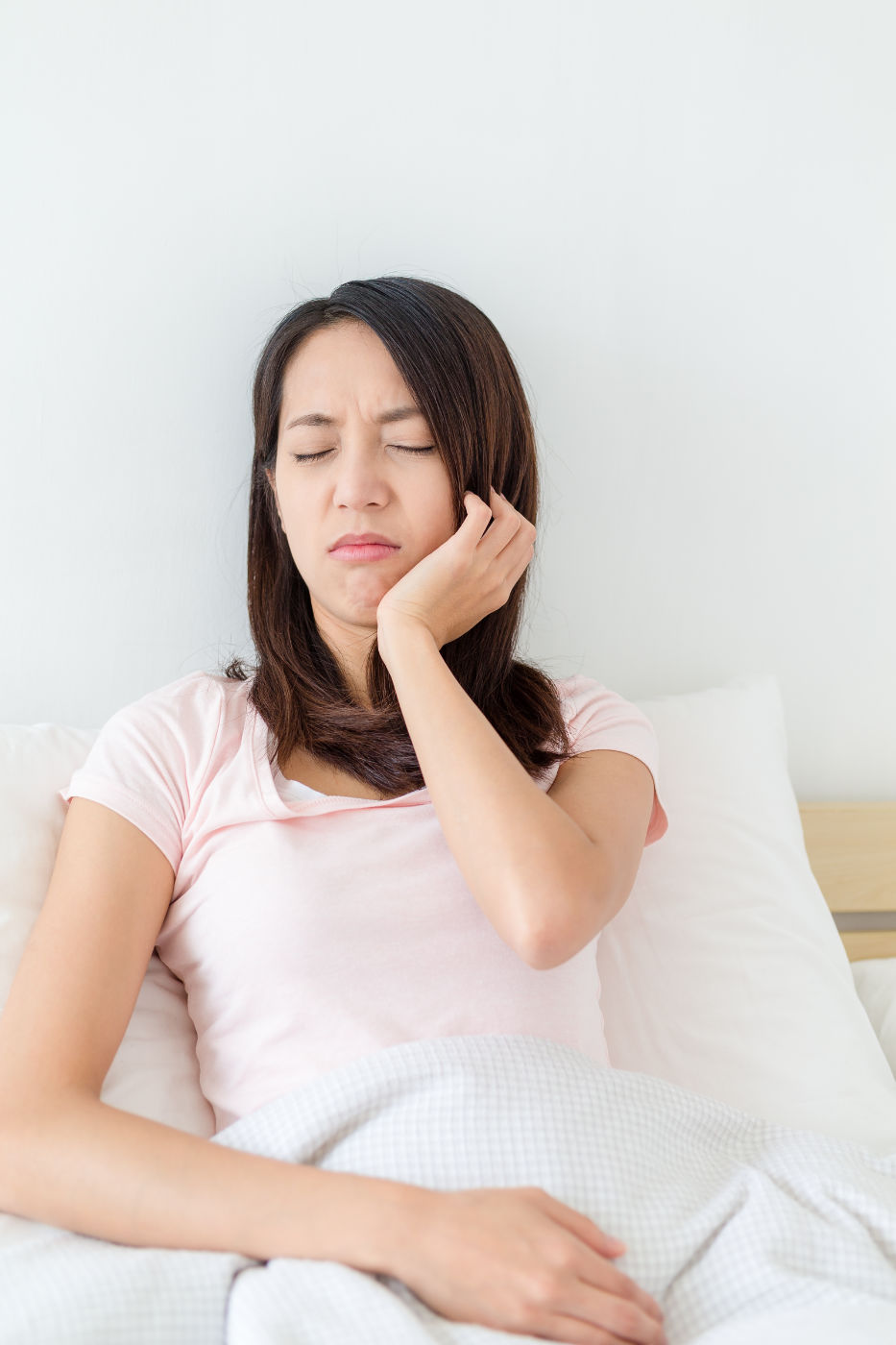During the day, you have ample opportunities to improve your oral hygiene by brushing, flossing, and choosing healthy foods. But when you go to bed, you don’t have much control over what happens in your mouth.
What you learn might surprise you a bit. If nothing else, it will definitely convince you to brush your teeth immediately before bedtime.
Bacteria in your mouth eat and excrete
Depending on how often you brush and floss, each of your teeth carries between 1,000 and 100,000 bacteria. When you go to sleep, those bacteria get busy consuming any source of nourishment they can find. Since they’re microscopic creatures, they can feast on small pieces of food stuck between your teeth or beneath your gum line. The thought of bacteria living in your mouth probably sounds pretty gross. It gets much worse. Like all living things that eat, bacteria also excrete. Unfortunately, their excretions are highly acidic. As the acid sits on your teeth, it damages your enamel and contributes to problems like tooth decay and gum disease. You can’t eradicate bacteria from your mouth, but you can manage the population and minimize the damage they cause. Always brush and floss your teeth before you go to bed. The less food bacteria have, the fewer your mouth can support.Your mouth makes less saliva
When you sleep, your mouth produces less saliva so you don’t keep swallowing all night. Unfortunately, less saliva helps bacteria and germs thrive. If you have bad breath in the morning, it’s probably because a lack of saliva made it possible for bacteria and germs to grow their numbers overnight. Again, brushing before bedtime will help manage bacteria. You should also brush your teeth when you wake up. Otherwise, the bacteria and germs will keep multiplying and excreting.Many people grind their teeth while they sleep
Studies show that about 8% of adults grind their teeth while they sleep, a condition known in the dental world as “bruxism.” Even more alarming, about a third of parents say their children grind their teeth while sleeping. If left unchecked, bruxism can lead to numerous problems and potentially, a dental emergency. When you grind your teeth, you can:- Disfigure the shape of your teeth
- Wear off tooth enamel
- Damage your cheek by chewing it
- Increase your tooth sensitivity to hot and cold temperatures
- Sleep disruptions
- Dull headaches
- Sore muscles in the jaw, neck, and face




